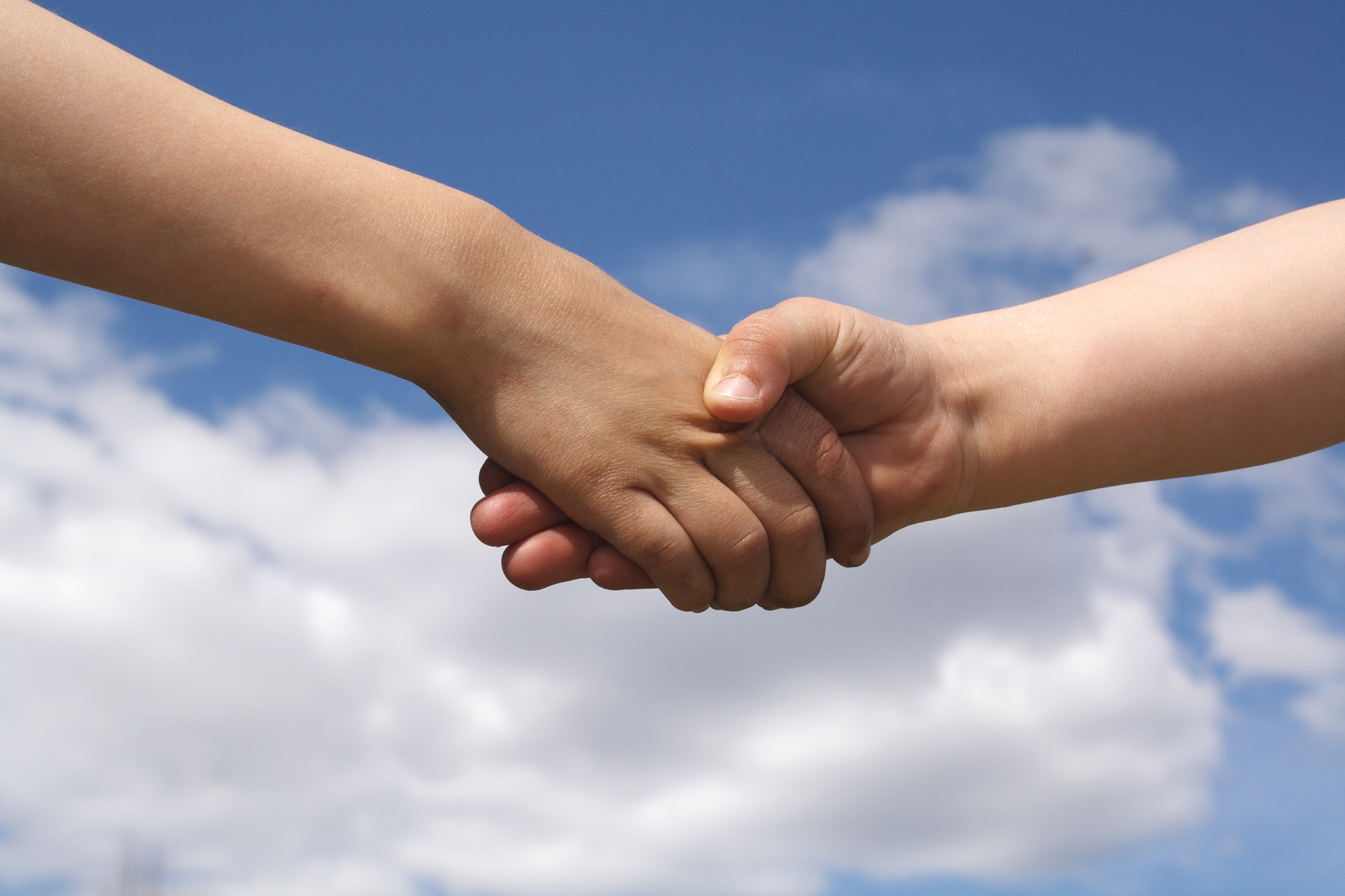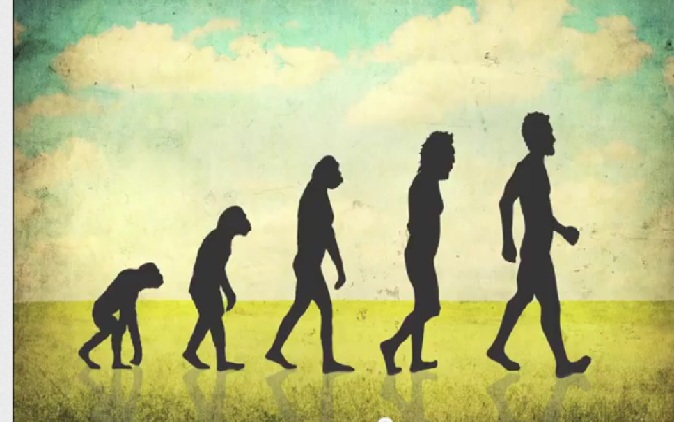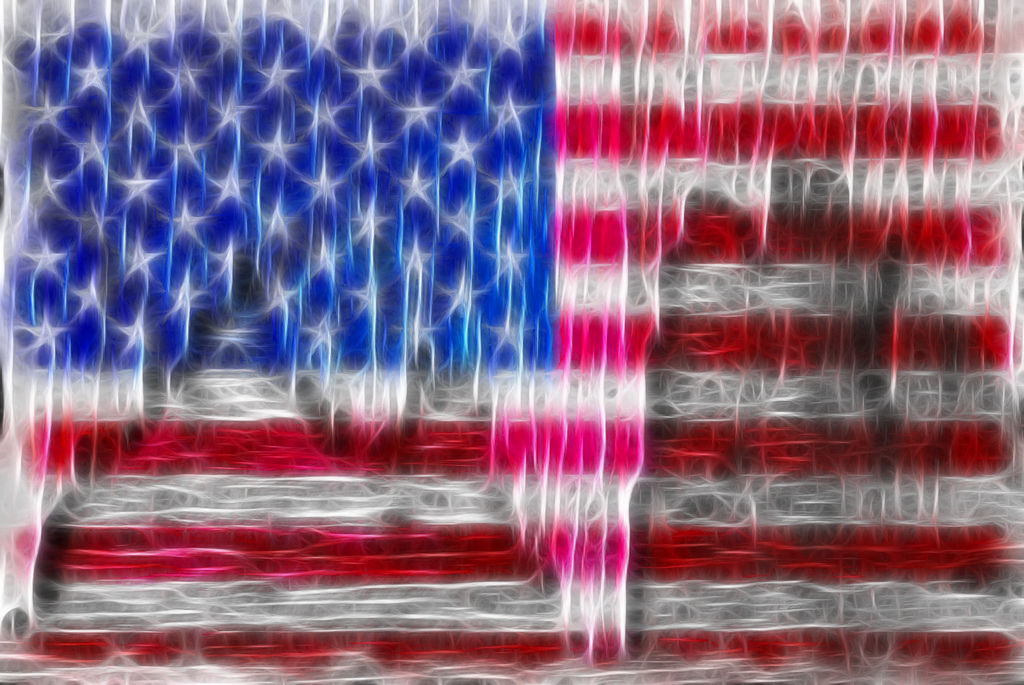


Ecologize Growth
The words “Economy” and “Ecology” both come from the Greek word “Ecos,” meaning “household.” In other words, Ecology is the science about how to arrange our household on the planet Earth, and Economy sets forth the rules by which this household should operate. Therefore, we shouldn’t separate ecology from economy. Economy and ecology both have their own natural laws. And if we’re building an artificial economy, one that’s based on our own invented rules instead of the rules embedded in nature, then we’re leading ourselves to bankruptcy. Nature is a massive, complex, harmoniously designed, living household. By meddling in it and violating its laws, we induce the crisis. The entire economy must be reconstructed from being an economy of consumption to an ecologically correct economy – an economy of sensible...
Superbroke, Superfrugal, Superpower?
What Thomas L. Friedman predicted a year ago in his article, we are living today. He was then expressing his view on America’s transition from being the world’s superpower to becoming a “frugal superpower” whose frugality would impact the world even more. He claimed that since the Great Recession of 2008, “the nature of being a leader, political and corporate, has been changing in America,” and now its leaders have been taking things away rather than giving to people. Freedman said America’s leaders, while depriving their voters, were not going to save money on foreign policy and wars. Yet, sooner or later, they would have to. He cited the Secretary of Defense Robert Gates, who had been warning that the cuts are coming, which would affect the globe. The journalist referred to the book (America’s Global Leadership in a Cash-Strapped Era), written by Michael Mandelbaum, the John Hopkins University foreign policy expert, to emphasize that by 2050, all forms of government supplied pensions and health care would account for an 18% of everything the United States produces. He wrote: “This… will fundamentally transform the public life in the United States and therefore the country’s foreign policy” and added that our defining watchword “more” was being replaced with “less”. Friedman continued to build his analysis on the information provided by Mandelbaum, who states that when the world’s only superpower is burdened with heavy debt, it will reflect on everyone. He also remarked that for the past century, the US foreign policy provided global public with many benefits – from open trade and containment to counterterrorism, and that US power had...
